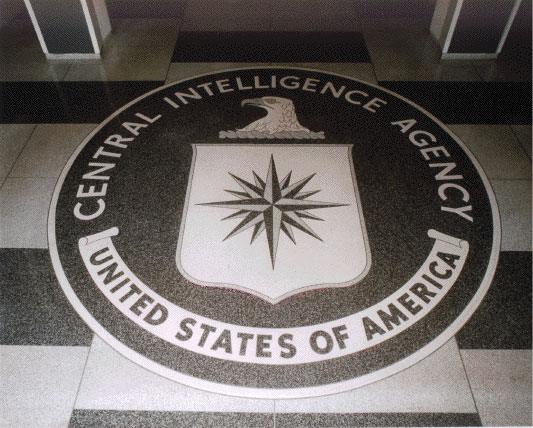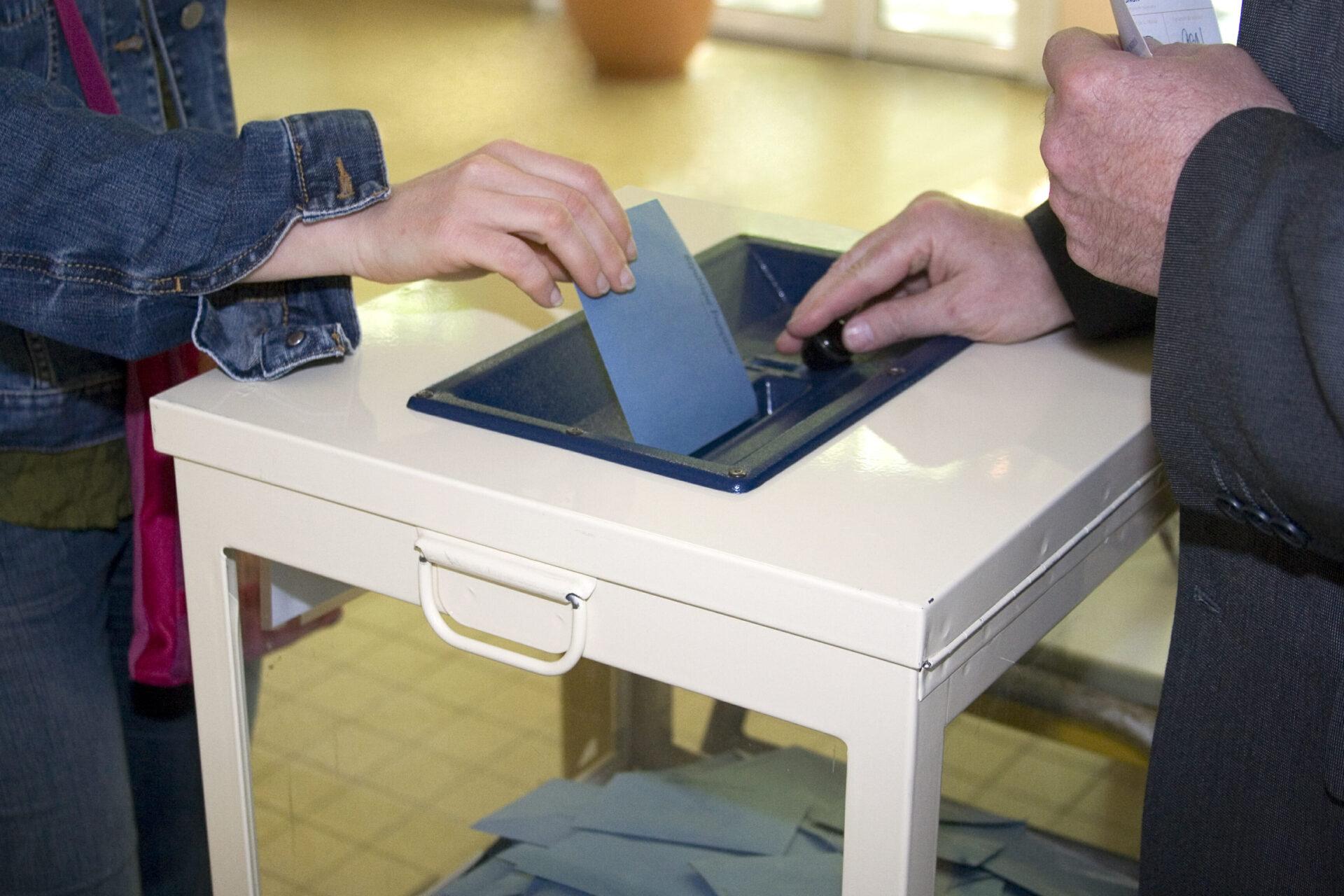Editor’s Note: Way Off the Grid is a satire feature of Off the Grid News. While the articles in this section may deal with current events, they are meant to portray these topics in a satirical and humorous light.

WASHINGTON – After decades of resistance to various proposals for a national identity card, a Strauss Institute poll shows that 92% of Americans are more than willing to surrender all sorts of private information to government agencies and corporations as long as the card goes by the name of the beloved social network – Facebook.
Senators Chuck Schumer (D-N.Y.) and Lindsey Graham (R-S.C.) recently campaigned for national identification cards that would “ensure that illegal workers could not get jobs or coffee.” In protest, citizens buried their offices in complaint letters and stuffed the senators’ private cars with Styrofoam packing peanuts. In an abrupt turn last week, the senators announced they had wholly rejected their plan for a national identity card but were now proposing “a Facebook” that would “dramatically decrease illegal immigration.” Instead of protests, citizens sent thousands of apple pies to the senators’ offices.
“If the senators had just been clearer,” said Jake Newman, a former national identity protester, “then we could have bypassed this ugly misunderstanding.” Immigration-rights attorney Nancy Griffin admitted that her organization’s opposition to national identity cards had been based on privacy concerns “but if the Facebook cards allow people to list their status and likes, then we’re on board.”
With the publication of the poll, President Obama asked the U.S. Commerce Department to take oversight of the languishing effort to create a national Internet ID for Americans, White House Cybersecurity Coordinator Howard Schmittel said. The move pleased privacy and civil-liberties groups that have raised concerns in the past because, Schmittel explained, “basically this new and very, very different effort is simply a Facebook.”
U.S. Commerce Secretary Gary Locke laid out some of the details of the National Strategy for Trusted Identities in Cyberspace at a Stanford economics conference. Protests began during Locke’s speech until he explained, “We are not talking about a national ID card. We are not talking about a government-controlled system. What we are talking about is a Facebook that enhances online security and privacy, reducing and perhaps even eliminating the need to memorize a dozen passwords, through creation and use of more trusted digital identities.” He then waved his hands in front of their faces and whispered, “Facebook.” A key skeptic, Dan Mettering, replied, “Oh, then, never mind. Okay.”
Jim Nelson of the Association for Democracy and Technology, who spoke later at the event, said any Internet ID must be created by the private sector. “The government cannot create that identity infrastructure,” Dempsey said. “If it tried to, it wouldn’t be trusted, unless, I don’t know, maybe they called it Facebook.” Applause rang out.
When asked about similar national identity plans proposed by the Bush administration in 2007, President Bush explained he suspected that his administration’s plans faced such a serious backlash “because back then some of my advisers proposed calling our plan the MySpace National Identity Plan, and it failed miserably.”
One of the most controversial federal proposals of the last decade was to get U.S. citizens to hold cards with biometric information (e.g., fingerprint, DNA, retina, batting average) on encrypted electronic strips containing additional private information. But in a series of social network upgrades instituted by Facebook social network itself, this information is now a standard part of a user’s page. Biometric identification became a popular “like” feature of the service.
When asked to explain the abrupt shift in American opinion, Senator Graham said he suspected that the phrase “national identity card” had “too many ‘n’s and ‘d’s in it for the American genetic constitution, whereas the word ‘Facebook’ has fewer.”
Cyber Coordinator Schmittel admitted that congress and the White House have had to respond to questions about possible confusions of the government plans with the actual social network. Schmittel explained, “Yes, granted, these moves have created a flurry of questions, and we explain to people that, yes, on the one hand you have Facebook and then on the other you have our Facebook plan, and that by saying ‘Facebook’ twice people usually smile and walk away satisfied.”
Facebook, Inc., the owner of the actual social network, at first threatened several lawsuits against the federal government for trademark infringement. In early negotiations, however, the Department of Defense chanted the word ‘Facebook’ for a long period of time and then promised to allow Facebook, Inc. access to a fleet of used tanks to help with Facebook’s sometimes fierce and catty skirmishes with Google. Facebook, Inc. withdrew its complaints.
©2011 Off the Grid News











